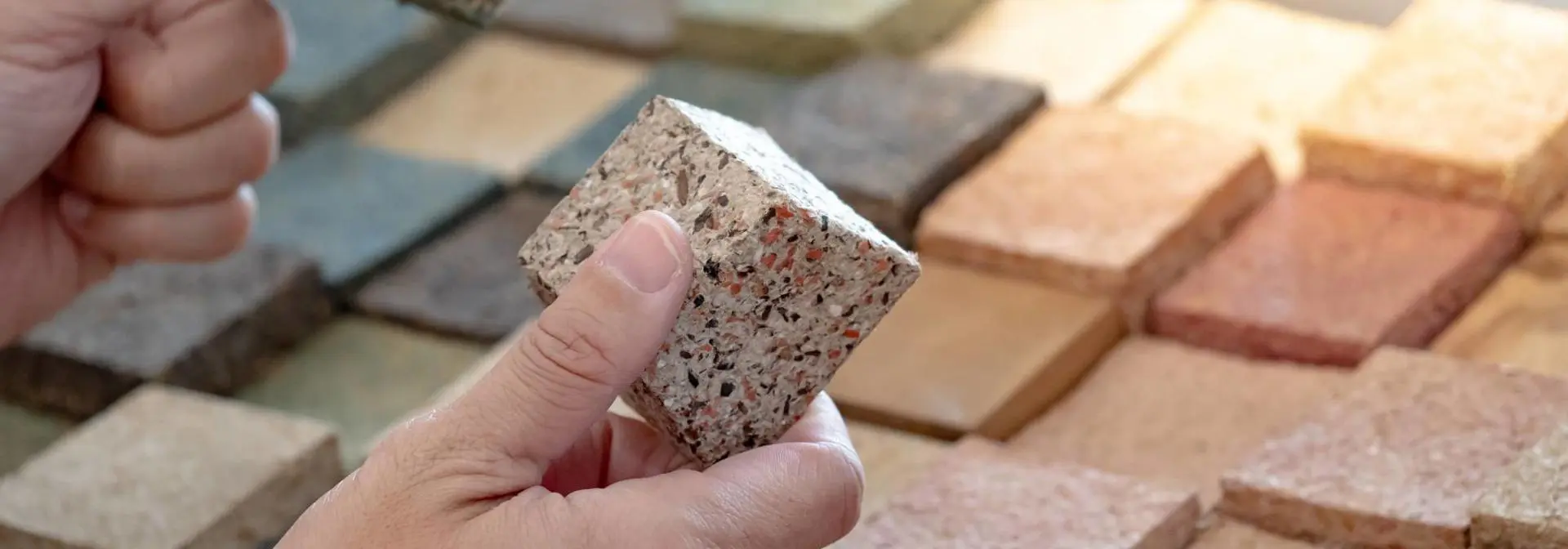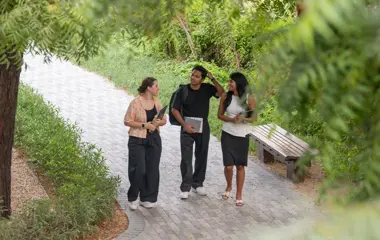Key information
- Funding
- Self-funded
- School
- Energy, Geoscience, Infrastructure and Society
- Location
- Edinburgh
- Delivery type
- Full-time, Part-time
- Supervisor
- Alan Forster
- Start date
- September
Sustainable materials reduce impact on the environment and provide a long term durable solution for the built environment. Our researchers within this theme cover a broad range of issues associated with sustainable materials, ranging from technical (carbon fibre reinforced cement; lime mortars) to socio-technical and economic (life cycle analysis; supply chain and specification).
The environmental and social impact of material use is recognised across the construction industry. As the industry moves towards designing zero carbon buildings, increasing attention is paid to the materials used in the construction of buildings and civil engineering work.
Research activities within the theme include: the reduction of carbon emissions in the delivery and maintenance of new and historic buildings; the selection of materials and components for low carbon building; traditional low energy materials (lime, earth); construction technology for ‘green' buildings; the impact of CO2 in maintenance interventions and approaches to repair of existing buildings; and monitoring and characterisation of civil engineering materials both at the micro and macro scale including concrete durability. Work has also been done on the impact of climate change (flooding and increased rainfall) on traditionally built structures, investigating deteriological mechanisms in structure and fabric.
Whilst innovation in sustainable materials and technology are indeed at the heart of an emerging UK research agenda, this is also balanced with an emphasis on exploring the implementation of such innovation within the marketplace and the extent to which newly developed sustainable materials and technology can be adopted by the market through designers and specifiers in the UK construction sector. Similarly this also explores whether calls for innovative materials and technology are demand- or supply-driven. The research theme ‘sustainable materials' therefore draws on the need to explore more widely issues such as sustainable supply chains, legislation, resistance to change and the process of change.
Project supervisor
Staff contributing to this research area include:
- Professor Phil Banfill
- Professor John McCarter
- Dr Alan Forster
Entry requirements
Candidate criteria
We welcome applications from suitably qualified candidates. Please visit our How to apply page.
Funding information
| Status | Full Time | Part Time |
|---|---|---|
| Scotland | £5,151 | £2,575.50 |
| England / Wales / N Ireland | £5,151 | £2,575.50 |
| International | £20,456 | £10,228 |
- Status: Your residency status is usually defined as the country where you have been ordinarily resident for the three years before the start of your course.
- International: 'International' includes applicants from European Union countries who do not hold Pre-Settled or Settled status in UK. (This does not include students from the Republic of Ireland - see above).
We offer a number of competitive funded scholarships for research degrees. Full or partial support may be available for well-qualified candidates from UK research councils, research pools, charities or industry.
View our full range of scholarships.
Why Heriot-Watt
We're the top university in Scotland for graduate outcomes which means that more of our graduates are employed or in postgraduate education than any other institution in the country and we ranked 5th in the UK.
We're also rated number one in the UK for CEO or MD roles, meaning more of our graduates go on to become CEOs or MDs than any other university in the whole of the UK. On top of that, we have beautiful campuses, across the globe, so you'll get a truly international education. Our Edinburgh Campus is home to Oriam, Scotland's National Sports Performance Centre combined with plenty of wellbeing resources, prioritising fitness and mental health for all students. Our Global Research Institutes look at solving real world issues such as climate change and saving our oceans as well as working on the next medical technological breakthrough and the future of AI and robots.


